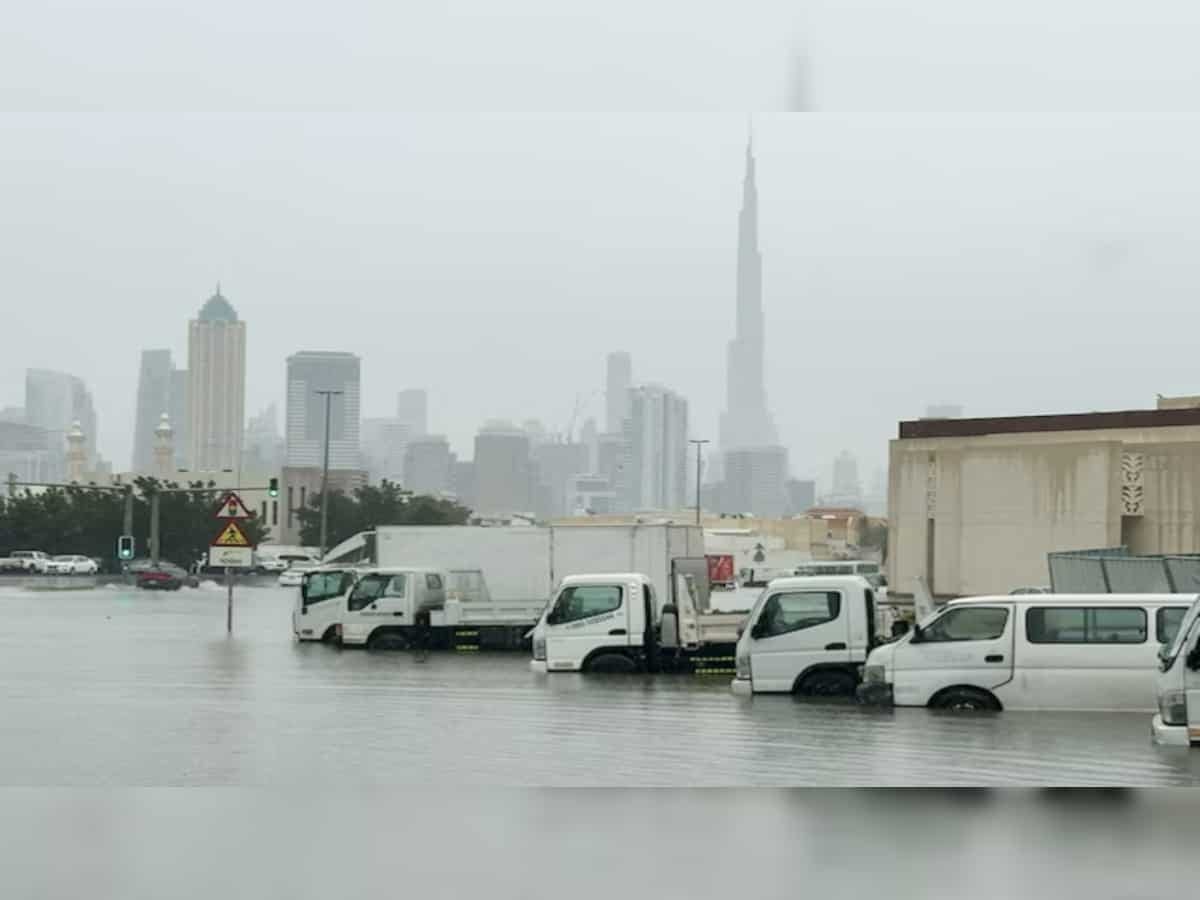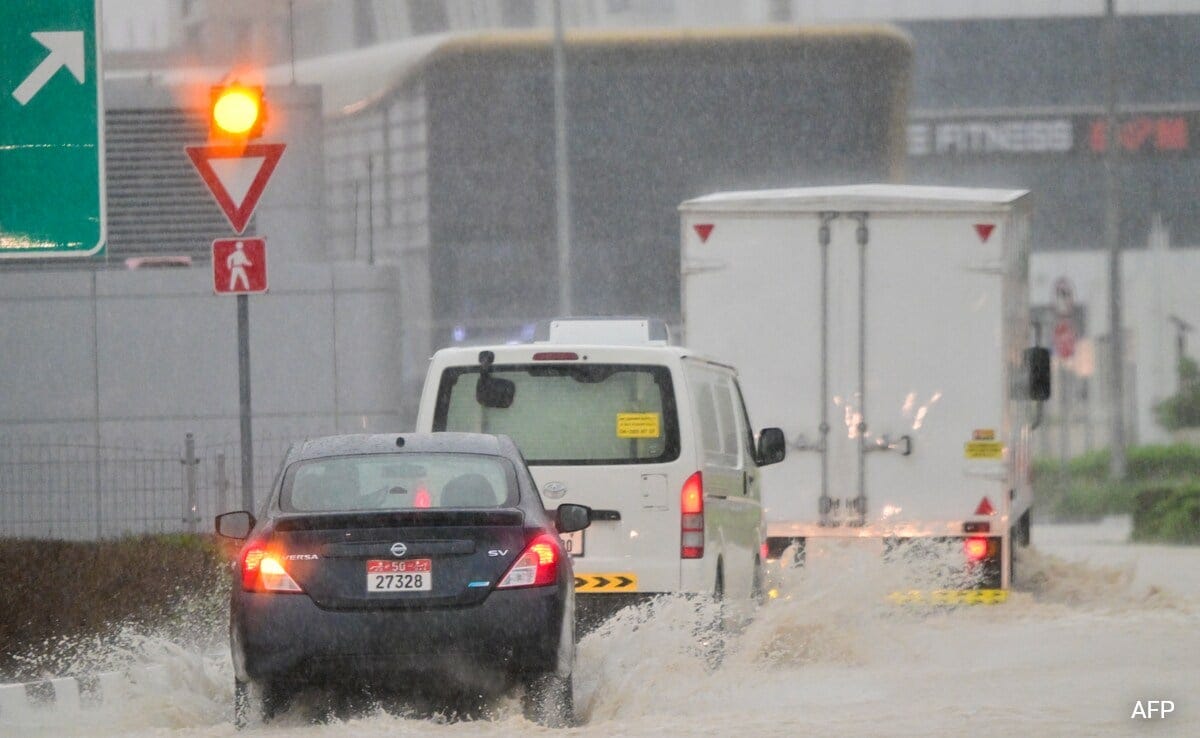Dubai Doobgai? "After me, the Deluge"
Unprecedented Rainfall in Dubai: A Warning Sign Amid Climate Change.

Introduction to an Unexpected Deluge
In an unexpected turn of events, Dubai, a city renowned for its arid climate, experienced historic rainfall on Tuesday (16th April, 2024) that surpassed its annual precipitation figures in just a matter of hours. Typically receiving modest rainfall, the city saw more than double its yearly average due to a robust storm system, which some suggest may have been intensified by cloud seeding efforts.
The Storm’s Impact on Infrastructure
Severe Disruptions at the World's Busiest Airport
Dubai International Airport, the busiest hub for international travel, faced significant operational challenges. Approximately 50 millimeters (2 inches) of rain fell over a six-hour window, leading to a temporary suspension of flights and considerable delays. The deluge overwhelmed the local drainage systems, resulting in extensive flooding that also affected marine transport services. The Roads and Transport Authority (RTA) had to suspend operations, compounding the traffic chaos across the emirate.
Local Havoc: Flooding and Casualties
The torrential rain caused substantial damage to homes and businesses. Tragically, the event claimed at least one life and disrupted everyday life as schools closed and government employees were urged to work from home. Neighbouring Oman also suffered, with severe rainfall claiming 18 lives, including ten schoolchildren.

Climate Change: A Factor to Consider
Experts point to climate change as a potential catalyst for such unusual weather patterns. Over the past 60 years, the UAE has warmed by nearly 1.5 degrees Celsius, a figure that exceeds the global average. This increase in temperature enhances evaporation rates, leading to a more moisture-rich atmosphere capable of producing more intense precipitation events. Such patterns have been observed not just in the UAE but also in arid regions around the world, including India's Thar Desert and parts of Australia.
Lessons for Other Regions
A Cautionary Tale for Bengaluru and Mumbai
The situation in Dubai serves as a stark reminder of the changing dynamics of global weather patterns, possibly exacerbated by human activities such as cloud seeding and greenhouse gas emissions. Cities like Bengaluru, currently grappling with water shortages, and Mumbai, which regularly faces monsoon floods, can draw valuable lessons from Dubai's response to this crisis.
Preparing for the Future
It is crucial for urban planners and policymakers in these cities to consider investing in robust infrastructure capable of handling extreme weather events. Enhancing drainage systems, revising building codes, and adopting sustainable water management practices are imperative steps. Moreover, community awareness and preparedness need to be prioritized to mitigate the impacts of such unforeseen natural calamities.
Summing Up: A Wake-Up Call
The unprecedented rainfall in Dubai underscores the urgent need for global cities to reassess their preparedness for extreme weather events. The incident not only highlights the immediate effects of such anomalies but also serves as a faint warning of what might become a more common occurrence due to climate change. As we look towards future urban planning and sustainability strategies, the lessons from Dubai are both timely and foreboding, urging a proactive approach to environmental stewardship and disaster readiness.




